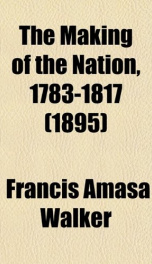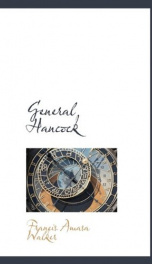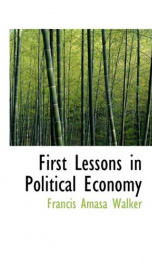political economy

Purchase of this book includes free trial access to www.million-books.com where you can read more than a million books for free. This is an OCR edition with typos. Excerpt from book: PART III.EXCHANGE. CHAPTER L THE THBOEY OP VALUE. 111. Exchange as a Department of Political Economy. We have seen that there is a tendency among recent writers to abolish the familiar departments of political economy, severally known as production, exchange, distribution and consumption, as interfering unduly with the simplicity and perhaps with the dignity of the science they have chosen to cultivate. Even of those who have retained certain of these titles, there is a general consent at least to abandon exchange, as a department of political economy. I am disposed to think that this general abandonment of exchange, as a distinct title in political economy, is due to a confusion of exchange with trade or commerce, viewed as productive agencies. It is seen that the most of what is done in trade or commerce pertains to the production of wealth. The labor employed in packing or baling goods, in transporting them to market, in opening and exposing them for sale, is engaged in the production of wealth, equally with that employed in raising the raw materials from the ground, or fashioning them into merchantable shapes. Values are created as truly in the one case as in the other. Even the labor of the clerks and salesmen is productive labor as much as that of the artisan or the agriculturist. The horses and wagons, the locomotives and cars, the shops and warehouses, of trade and commerce are strictly productive agencies. To this Mr. Mill forms a conspicuous exception. He makes exchange, as distinguished from production and from distribution, the subject of one of the books of his Political Economy. What is it, then, that need be considered under the title, exchange ? What is left, after production has been fully treated ? Why should this department of political e...
Info about the book
Author:
Series:
Unknown
ASIN:
B008ITCPLW
Rating:
3/5 (3)Your rating:
0/5
Languge:
English
Users who have this book
Users who want this book
What readers are saying
What do you think? Write your own comment on this book!
write a commentGenre
if you like political economy try:
Do you want to read a book that interests you? It’s EASY!
Create an account and send a request for reading to other users on the Webpage of the book!









